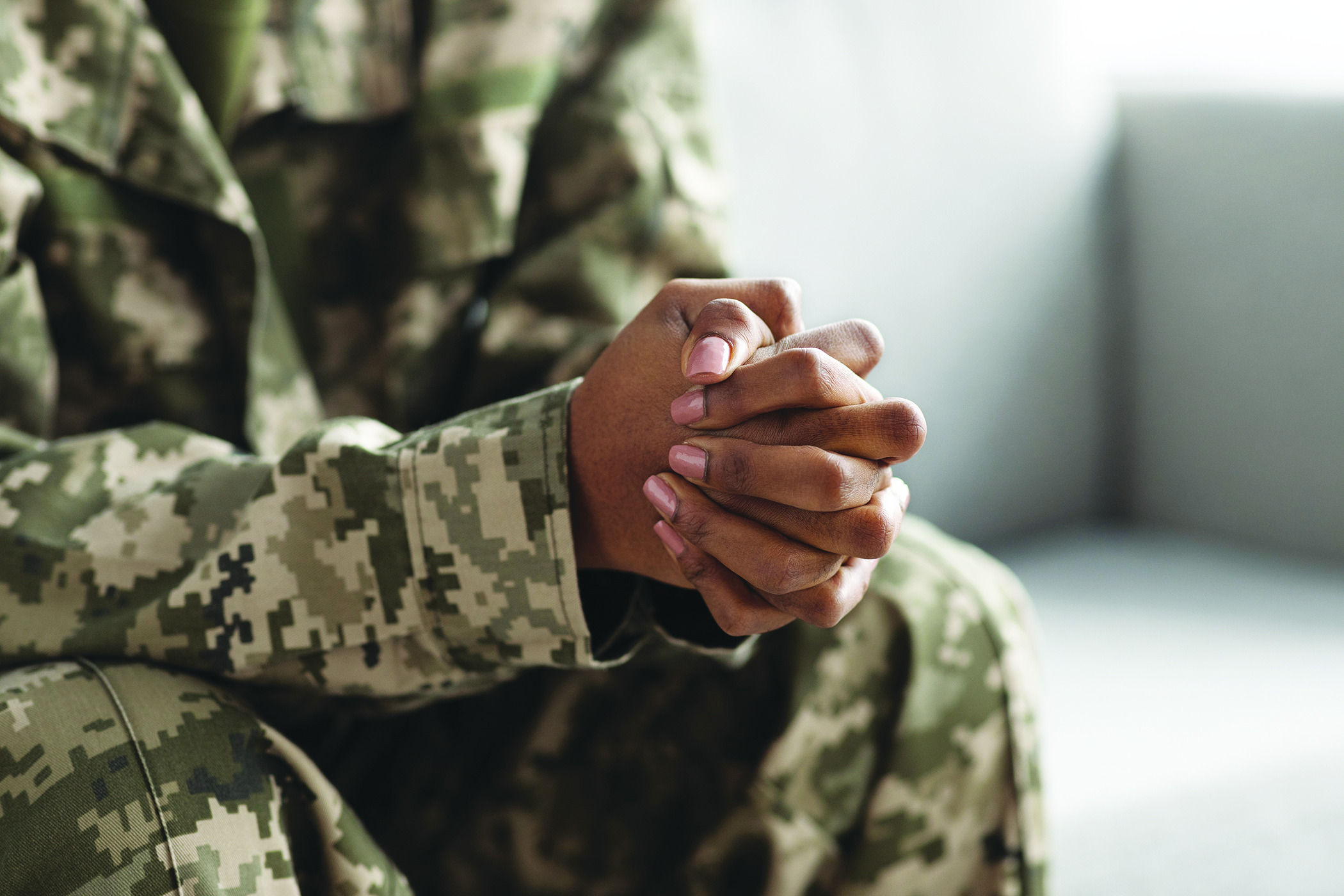
By Rev.Walt H.Windley, Senior Director of Spiritual Care and Grief Services, VIA Health PartnersAccording to the most current research data submitted by the Office of Veteran Affairs in tandem with the U.S.
Census Bureau and Pew Research Center in 2023, there are more than 18 million living veterans in the U.S., representing about 6% of the countrys adult population.Of that sum, about 7.8 million or 43% served in the Gulf War, with another 5.6 million or 30% serving during the Vietnam War era.Very few WWII veterans (less than 66,000) now remain to share their stories and gilded wisdom.Korean War Veterans have quickly become the predominant elder hospice patients currently receiving end-of-life care.For these brave men and women who offered so much in pursuit and protection of freedom and liberty, the transition from serving as active military personnel to civilian life has historically been one riddled with struggles related to purpose, community, comfort and belonging.Spiritual care steeped in hope, meaning and comradery provides a much-needed framework for understanding, growth and measured struggle.
It helps reduce anxiety and depression while encouraging safe spaces for forgiveness and letting go (when needed) in the pursuit of inner peace.But where did this all begin and what does it practically mean?The U.S.Army Chaplain Corps highlights the vital role of priests, both those mentioned in the early Hebrew Scriptures and those who accompanied Roman legions, in their work aiding the wounded while seeking to uplift the spiritual health and moral/ethical fiber of those called to battle.The Army Historical Foundation points to the Chaplain Corps as having some of the oldest roots within our military branches, dating its existence to 1775, at the urging of the Continental Congress during the Revolutionary War.Military chaplaincy expanded its reach in 1862, through the appointment of the first Jewish chaplain, bringing diversity to what had been solely Christian in practice.Today, chaplains reflect a multitude of spiritual backgrounds and traditions in order to better serve the comprehensive belief systems employed and practiced by military personnel.This includes uninterrupted care for soldiers and veterans who seek spiritual wellbeing and direction for both individual growth and corporate belonging.The experience of a veteran is as varied and diverse as the person they represent.
However, some specific traits have floated to the surface as evidenced by numerous studies conducted over the last two decades.For example, a study published in the Journal of Advances in Medical Education and Practice found that 41% of veterans have been diagnosed with either a mental health or behavioral adjustment disorder.Eighteen to twenty-two veterans commit suicide daily while 82% wrestle with chronic physical pain.Veterans make up more than 10% of our unhoused population and are four times more likely to wrestle with PTSD.There is a grieving that naturally happens when closing the door on an active-duty career, leaving a former serviceperson having to navigate often unsure waters that feel much more unorganized and regimented than what has been their daily norm.In a place where rank and community structure have perhaps allowed for safety or a knowing experience to rationally define or compartmentalize trauma or moral injury, veterans are often left to treat invisible wounds that no longer speak the same language of their contemporary setting.
Silent sufferers become the normSpiritual care for our veterans requires a commitment to safe space, a recognition of the importance of community and belonging (often in a way that is unmatched in civilian experience), and a commitment to the long-game, noting that progress simply doesnt happen overnight.We need to be willing to listen to learn from their stories while accepting their oral history as a treasured gift.And at times, that may be a gift that is best left for someone else.In the old movie Miracle on 34th Street, Macys rebranded as the store with a heart, adopting a policy to send their customers to a competitor if they didnt have what the customer desired.Care for our veterans may mean recognizing that I am not the right person or fit to care for their needs; however, I can serve as a conduit in making connections with those who are better equipped to serve.National programs like the We Honor Veterans initiative for end-of-life care partners are providing valuable resources and guidance as we seek to elevate the level of dignity and respect we offer through individualized care for those who have given so richly of themselves.In listening to their stories, we honor their lives; and by acknowledging the totality of their worth, we speak gift to these American heroes.
Publisher: Life Plan Community ( Read More )

